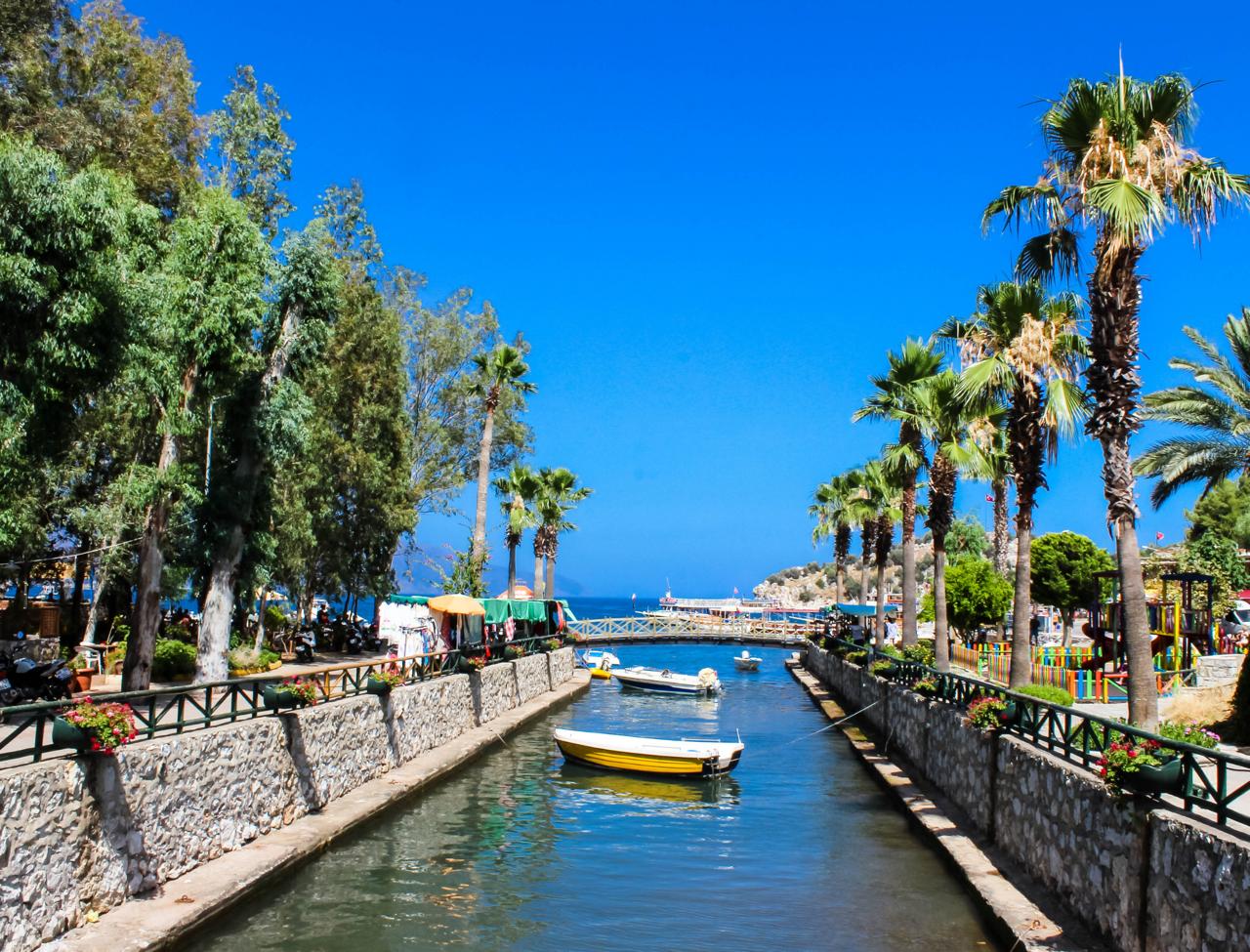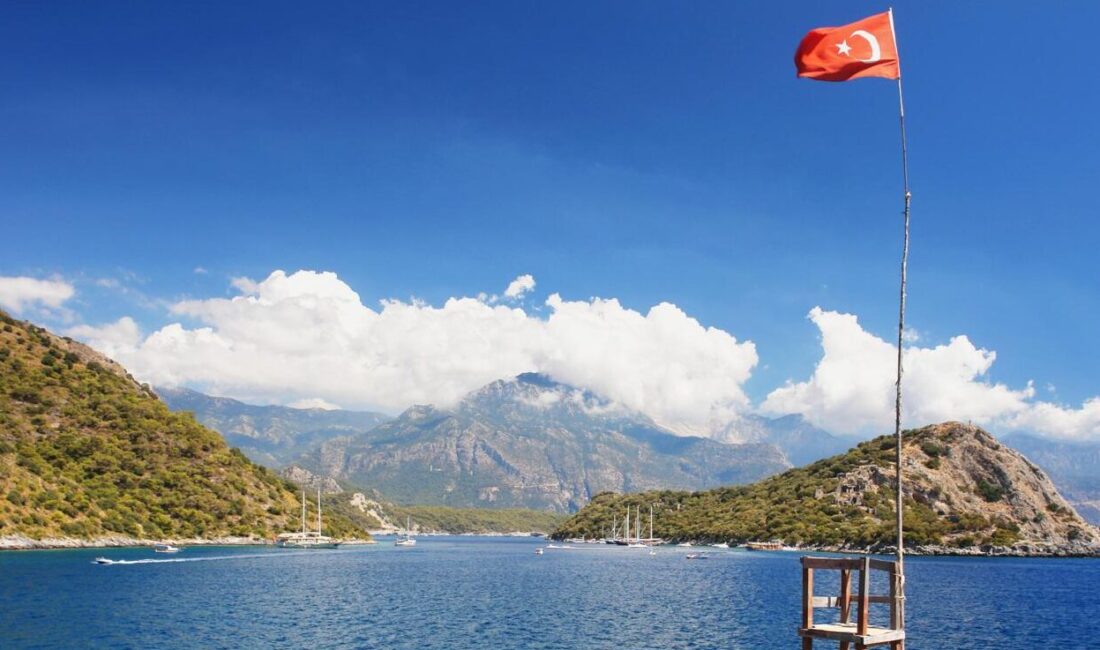For many years, Türkiye has been one of the world’s top tourism destinations. The turquoise bays of the Mediterranean, the tranquil towns of the Aegean, and the lush highlands of the Black Sea attract not only foreign visitors but also locals.
Yet in recent years, this natural and cultural wealth has become increasingly out of reach for those who actually live in Türkiye.
Especially during the summer season, Turkish tourists who try to holiday in coastal towns find themselves squeezed by exorbitant prices, soaring inflation, and income inequality.
FOREIGN RETIREES ON THE BEACHES, TURKS AT HOME
One of the groups most comfortable onTürkiye’s coasts today is foreign retirees. With their foreign currency incomes, European tourists still find Turkish hotels relatively affordable. Retirees from countries like the UK, Germany, and Russia often see Türkiye’s resorts as economical compared to the costs back home.
Particularly outside peak season, foreigners can even find package deals through discount markets in their own countries, including flights, for 7 to 10 days in Türkiye at just €300–400.
For local tourists, the situation is the exact opposite. A Turkish citizen who wants to stay in the same hotel might need to spend several times their monthly salary for just a one-week holiday.
This growing disparity makes locals feel increasingly excluded from their own country’s tourism regions. On social media, the common complaint “We can’t even vacation in our own country” has become a stark reflection of this inequality.

DOMESTIC TOURISM UNDER THE SHADOW OF EXORBITANT PRICES
The biggest barrier to domestic tourism is undoubtedly the prices. In summer 2025, hotel stays in many popular resorts started at 4,000–5,000 TL per night and climbed endlessly higher.
For families living on minimum wage or even middle-class incomes, such costs make vacations nearly impossible. Once restaurants, beach entry fees, and transportation are added, the price of a one-week holiday can exceed a family’s annual savings.
This situation deeply frustrates those who view vacations not as a luxury but as a basic need. While in wealthier countries, citizens often enjoy multiple holidays in different destinations each year, in Türkiye, a summer holiday has become a privilege accessible only to a small group.

LOCALS TRAPPED AT HOME
Because of rising costs, many Turks now spend their summer breaks at home. Traveling anywhere beyond owning a family summerhouse has become a heavy financial burden. Alternatives such as “staycations” in the city or visiting relatives in their hometown have become more common.
But this also limits the cultural and social diversity that tourism once offered locals. Many feel uneasy watching coastal areas transform into spaces serving primarily foreigners, while they themselves are pushed out.
EXPECTATIONS FOR THE FUTURE OF THE SECTOR
Can this trend be reversed? While the outlook for domestic tourism isn’t bright in the short term, there are glimmers of hope.
-
Publicly supported holiday resorts could make a comeback. In the 1980s and 90s, such facilities provided affordable holidays for civil servants and workers. Similar models could be revived through social policies.
-
Supporting boutique and local businesses could counterbalance the monopolization of large hotel chains and provide more affordable options for domestic travelers.
-
Promoting alternative tourism, such as nature trips, cultural routes, and gastronomy festivals, could also give locals lower-cost holiday options.
-
Price-protection policies or special campaigns for local tourists, particularly during high season, could prevent the complete exclusion of residents from the tourism economy.

NOT BECOMING A GUEST IN OUR OWN LAND
For Turkish tourists, taking a holiday has never been more difficult. As the gap between incomes and tourism costs widens, vacations are increasingly turning into an unreachable dream for most of society. Yet holidays are not just about rest; they are vital for cultural enrichment, socialization, and quality of life.
If Türkiye is to build a sustainable tourism future, policies must once again place the local tourist at the center. Otherwise, while foreign retirees sunbathe freely on our beaches, the sight of citizens confined to their homes will only fuel social discontent.



